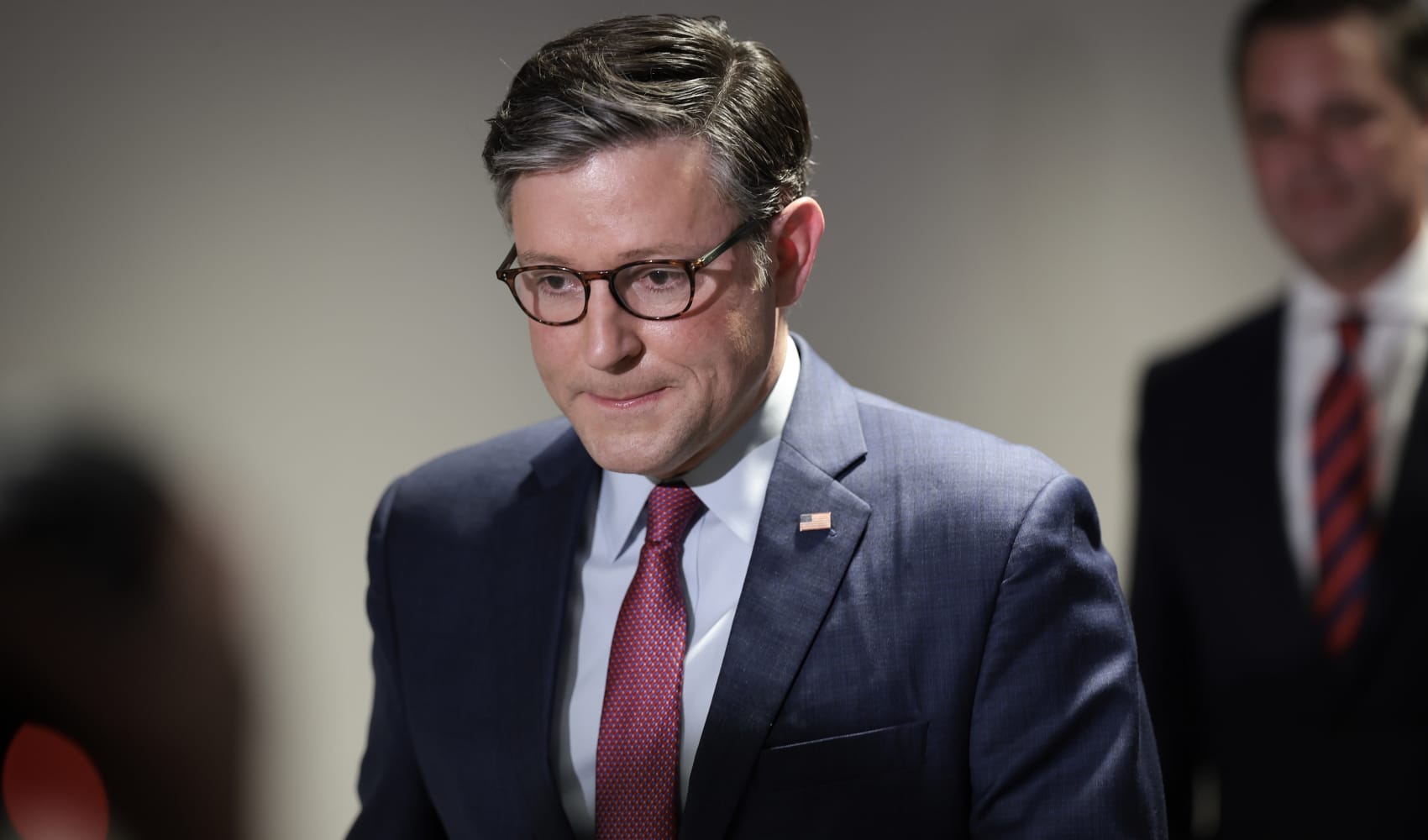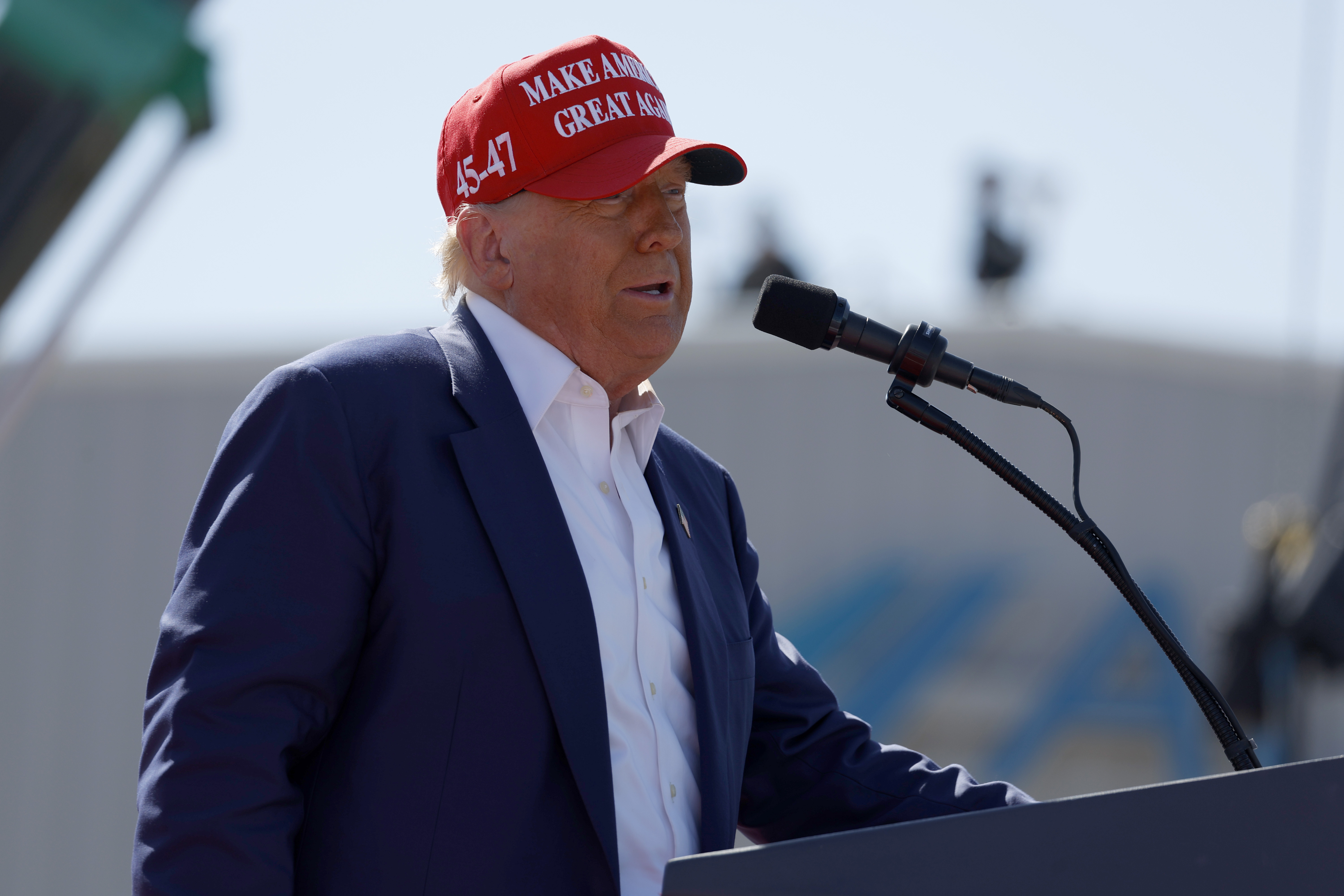
A top Donald Trump ally is pressuring Nebraska Republicans to award all of their state's Electoral College votes to the statewide winner, a late-stage rule change that could potentially help return Trump to the White House.
Nebraska and Maine are the only states that split their electoral votes by congressional district, and both have done so in recent presidential elections. In Nebraska, which is solidly Republican, that means one of the state's five votes is competitive for Democrats.
Sen. Lindsey Graham, R-S.C., met recently with GOP lawmakers in the state to encourage them to make a change supported by the state's all-Republican congressional delegation and Republican Gov. Jim Pillen. The change was discussed earlier this year but lacked the votes to pass. Now, with Trump in an extremely close race against Democrat Kamala Harris where every electoral vote matters, his allies are making another push.
“To my friends in Nebraska, that one electoral vote could be the difference between Harris being president and not, and she’s a disaster for Nebraska and the world,” Graham said Sunday on NBC's “Meet the Press.”
Trump's allies have been calling on Nebraska Republicans for months to make a switch despite a lack of necessary support in the state legislature. But there's new urgency to their push with fewer than 50 days until the election and Trump and Harris locked in a tight race across several battlegrounds.
Get Tri-state area news delivered to your inbox.> Sign up for NBC New York's News Headlines newsletter.
There is a plausible scenario where the election ends up being decided by the voters in Nebraska’s 2nd Congressional District, a swing district in the Omaha area.
This year, if Harris wins the three so-called blue wall battlegrounds of Wisconsin, Michigan and Pennsylvania while Trump wins the four Sun Belt battlegrounds of North Carolina, Georgia, Arizona and Nevada, the result would be a 269-268 split in the Electoral College in favor of Harris.
Nebraska’s 2nd District, which went for President Joe Biden four years ago, could give Harris the decisive 270th electoral vote. Or, if Trump were to win, the election would end in a 269-269 tie. In that scenario, the president would be chosen by the House of Representatives, with each state's delegation getting a single vote — a scenario that favors the former president.
The five Republicans who represent Nebraska in Congress urged their colleagues in the state to change the law in a letter dated Wednesday, saying “the state should speak with a united voice in presidential elections.”
Any legislative change would require Pillen, the governor, to call lawmakers into a special session. He said in a statement he would “enthusiastically” do so if he gets a “clear and public indication” that there are 33 votes in favor, the minimum necessary to pass in Nebraska’s single legislative chamber.
Nebraska Democrats have started showing support for the state’s electoral vote split with yard signs showing a blue dot on a white background, symbolizing their potential role of the metro Omaha district as an island of blue surrounded by Republican red in the rest of Nebraska.
Republicans currently control 33 seats in the Legislature but they are not united in support. One of those Republicans, state Sen. Mike McDonnell, recently switched parties but still represents a district that includes Democrats who oppose an Electoral College switch.
A McDonnell spokesperson told KETV in Omaha on Thursday that the senator “has heard compelling arguments from both sides, and as of today, remains a ‘no.'”
The system has long confounded Republicans, who have been unable to force the state into a winner-take-all system since Barack Obama became the first presidential contender to shave off one of the state’s five electoral votes in 2008. Biden in 2020 was the only other Democrat to capture Nebraska’s 2nd District electoral vote.



